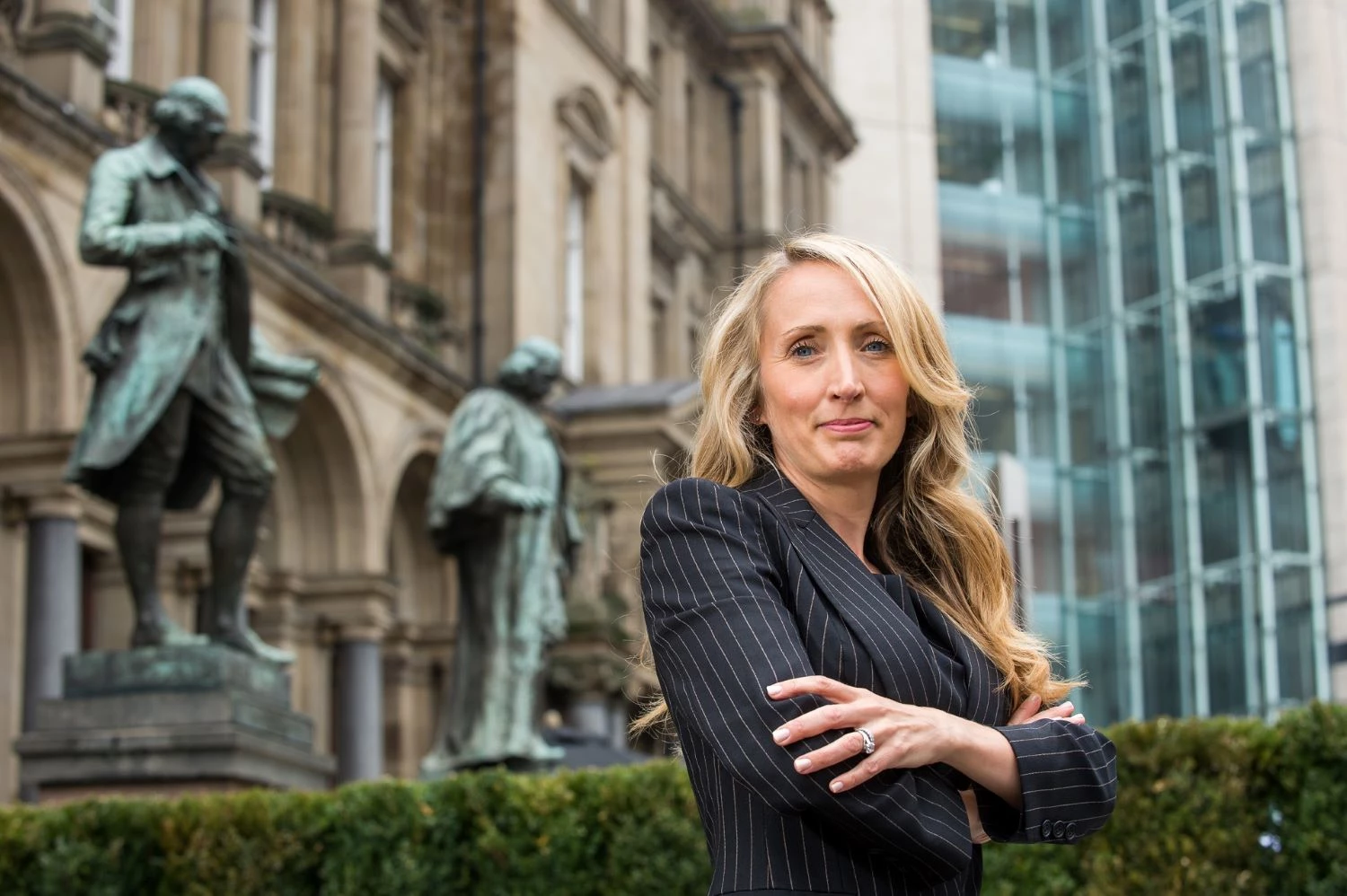
Partner Article
R3 responds to the 2022 annual insolvency statistics
• There were 22,109 underlying corporate insolvencies in 2022. This was an increase of 57.3% from 2021’s figure of 14,059, an increase of 75% on 2020’s figure of 12,632, and an increase of 28.8% on 2019’s figure (17,164)
• There were 118,851 seasonally adjusted personal insolvencies in 2022 – an increase of 8% on 2021’s figure of 110,044, rise of 6.5% on 2020’s figure (111,571) and a fall of 2.2% compared to pre-pandemic levels in 2019 (122,148)
Eleanor Temple, chair of the insolvency and restructuring trade body R3 in Yorkshire and a barrister at Kings Chambers in Leeds, responds to today’s publication of the January 2022 corporate and individual insolvency statistics for England and Wales:
“2022 was the year the insolvency dam burst. After two years of being supressed by Government support programmes, corporate insolvency numbers hit a 13-year high last year. This was mainly due to Creditors’ Voluntary Liquidations reaching their highest level in 62 years as more and more directors turned to this process to close down their businesses.
“After nearly three years of trading through a pandemic, and in the face of the end of Government support, rising costs and a cost-of-living crisis, many directors simply ran out of road this year and chose to close their businesses before the choice was taken away from them.
“Alongside this, the end of the Government’s temporary legislation on winding-up orders has left creditors free to pursue unpaid debts, which is why Compulsory Liquidation numbers are at their highest in three years.
“With the entire supply chain under pressure from increased costs, the flexibility we saw from creditors during and in the aftermath of the pandemic to those who owed them money has disappeared, and many are now taking action to recover the debts they are owed in an attempt to balance their own books.
“Inflation is still high, supply chains are still squeezed, and people are still worried about the cost of living, so it’s likely we’ll see insolvencies continue to rise this year unless the trading climate takes a drastic turn for the better.
“We urge directors to be aware of the signs their business is financially distressed and act as soon as they see them. Rising stock, problems paying staff or suppliers and cashflow issues are all signs a business is struggling, and seeking advice as soon as they show themselves gives directors more options, more time to make a decision and a better outcome than if they’d waited till the situation became more severe.”
Personal insolvencies “Personal insolvencies reached their highest numbers for three years in 2022 as a result of more people turning to Individual Voluntary Arrangements and Debt Relief Orders to resolve their financial issues as the cost of living crisis and falling wages took its toll on their finances.
“However, it’s worth noting that bankruptcy numbers are at a 10-year low, which suggests that more people are seeking and agreeing arrangements with their creditors earlier. “The last 12 months have been tough for UK households. Money worries have been front of mind for many as the increased costs of heating, eating and fuel has meant budgets are stretched.
“People are anxious about the economy, their personal finances and rising prices, and are reluctant to make major purchases as the money they do have available goes to pay for necessities. Further news today that grocery price inflation remains worryingly high will only add to the pinch being felt by many households across the UK.
“More and more are turning to borrowing to cover their costs, which can make them more vulnerable to the kind of shocks that lead them to become insolvent. While we understand why people would take this step, it’s not an advisable one.
“Our message to anyone who is worried about their finances is simple: seek advice as soon as possible. It’s incredibly hard to talk about your money worries, but doing so will give you more options, more time and potentially a better outcome than if you’d waited till the problem worsened.
“Most R3 members will give a free initial consultation to potential clients to learn more about their situation and outline the potential options for resolving it.”
This was posted in Bdaily's Members' News section by Ruth Robinson .
Enjoy the read? Get Bdaily delivered.
Sign up to receive our popular Yorkshire & The Humber morning email for free.






 A legacy in stone and spirit
A legacy in stone and spirit
 Shaping the future: Your guide to planning reforms
Shaping the future: Your guide to planning reforms
 The future direction of expert witness services
The future direction of expert witness services
 Getting people into gear for a workplace return
Getting people into gear for a workplace return
 What to expect in the Spring Statement
What to expect in the Spring Statement
 Sunderland leading way in UK office supply market
Sunderland leading way in UK office supply market
 Key construction developments in 2025
Key construction developments in 2025
 Mediation must be part of planning process
Mediation must be part of planning process
 From apprentice to chief financial officer
From apprentice to chief financial officer
 Don't stifle growth with apprenticeship cuts
Don't stifle growth with apprenticeship cuts
 The start-up landscape: What lies ahead in 2025
The start-up landscape: What lies ahead in 2025
 JATCO adds welcome drive to automotive sector
JATCO adds welcome drive to automotive sector